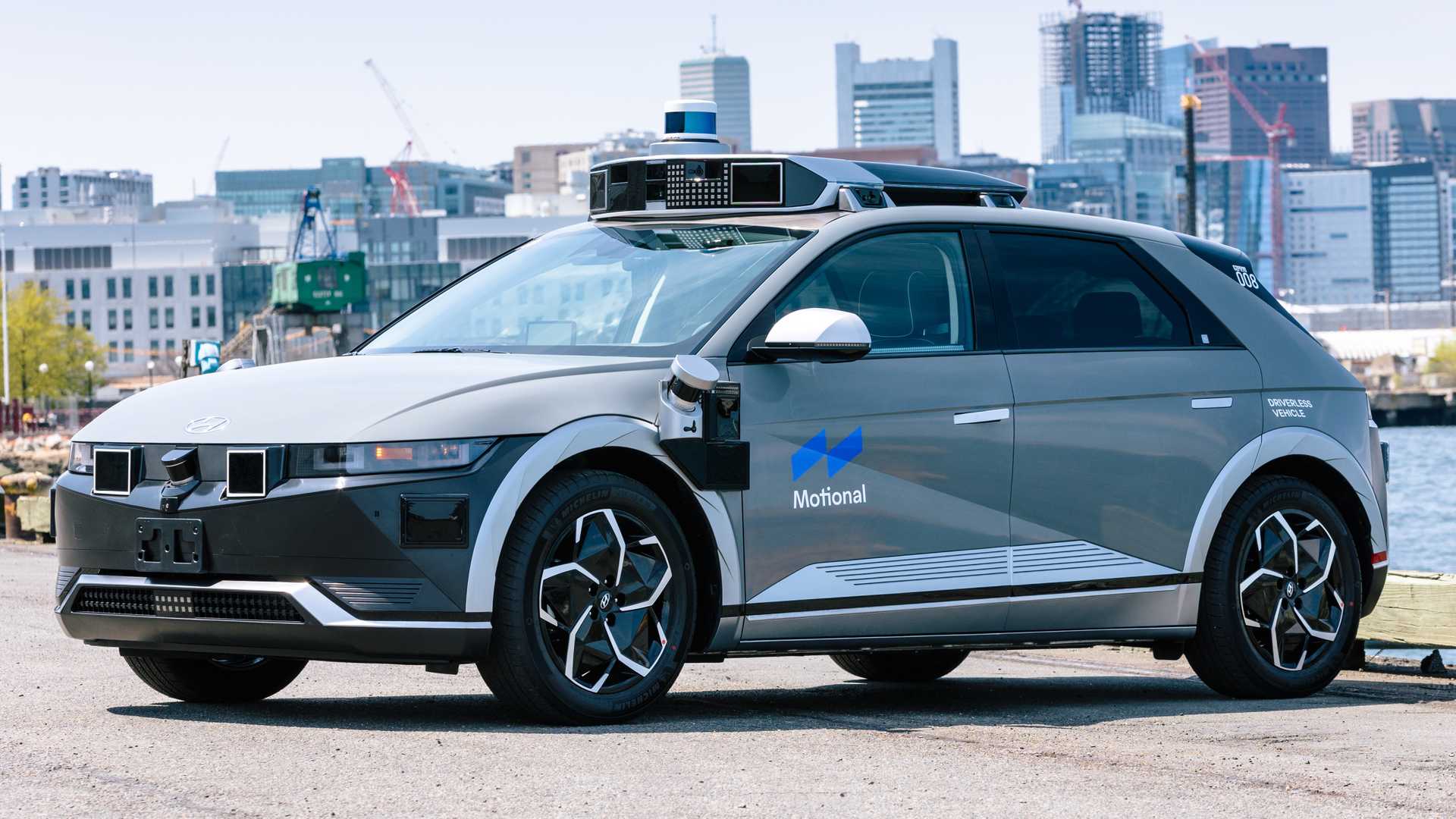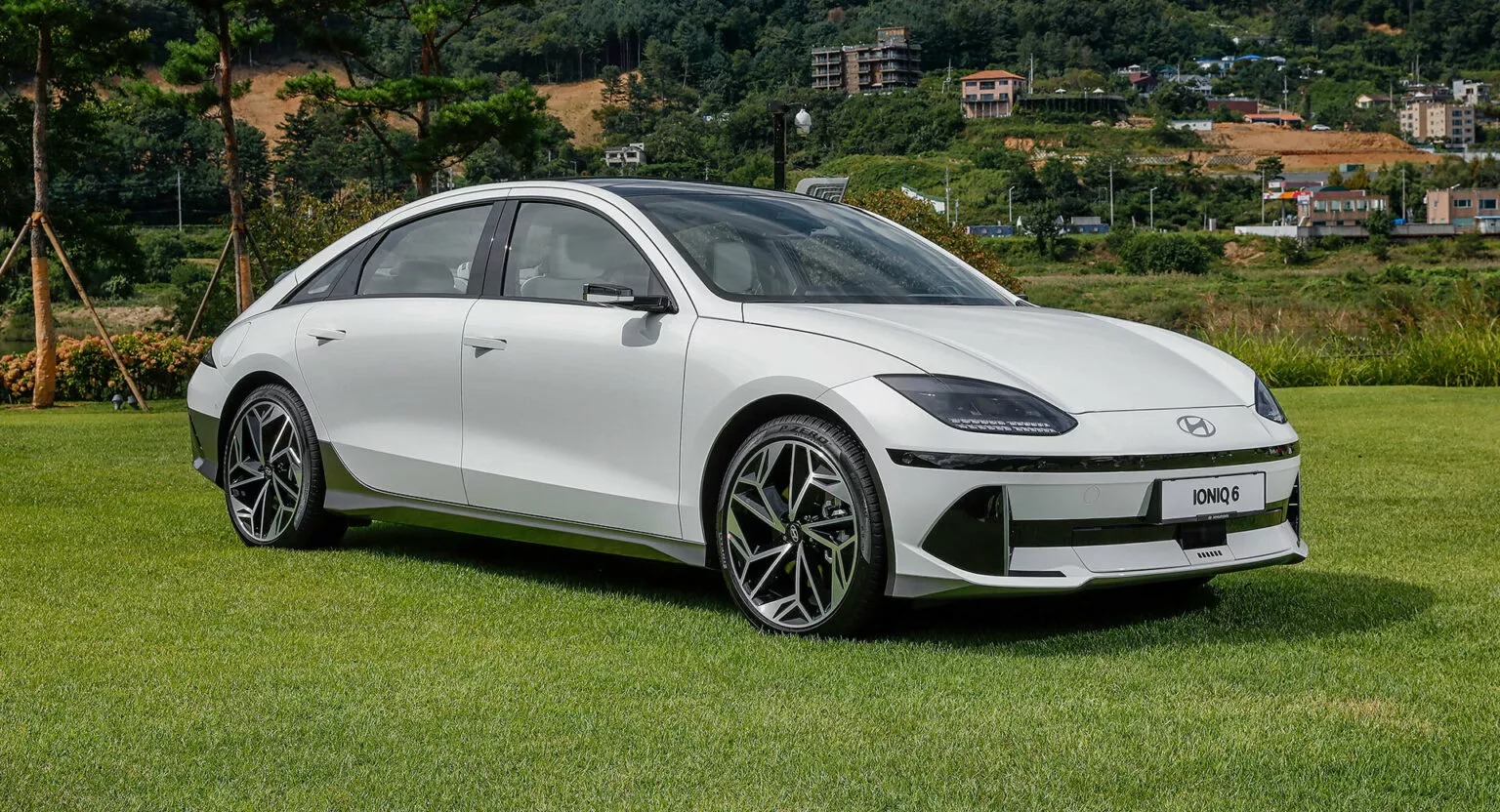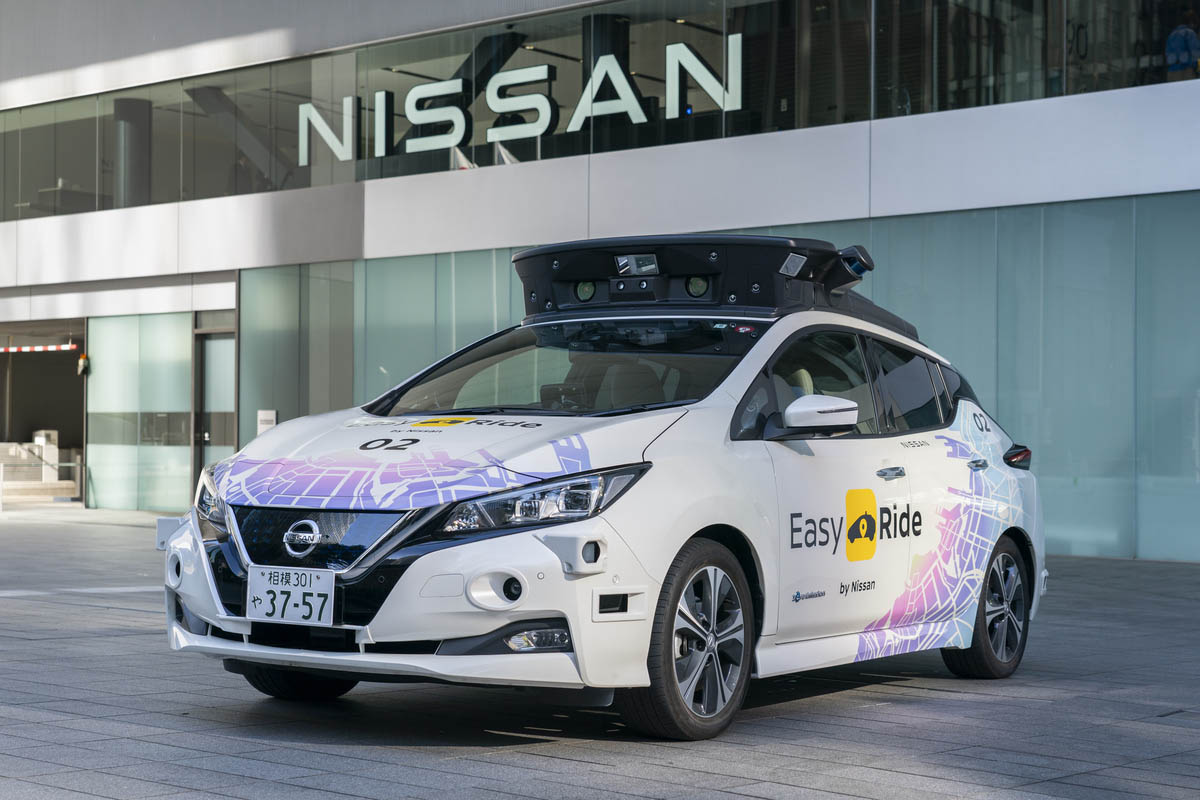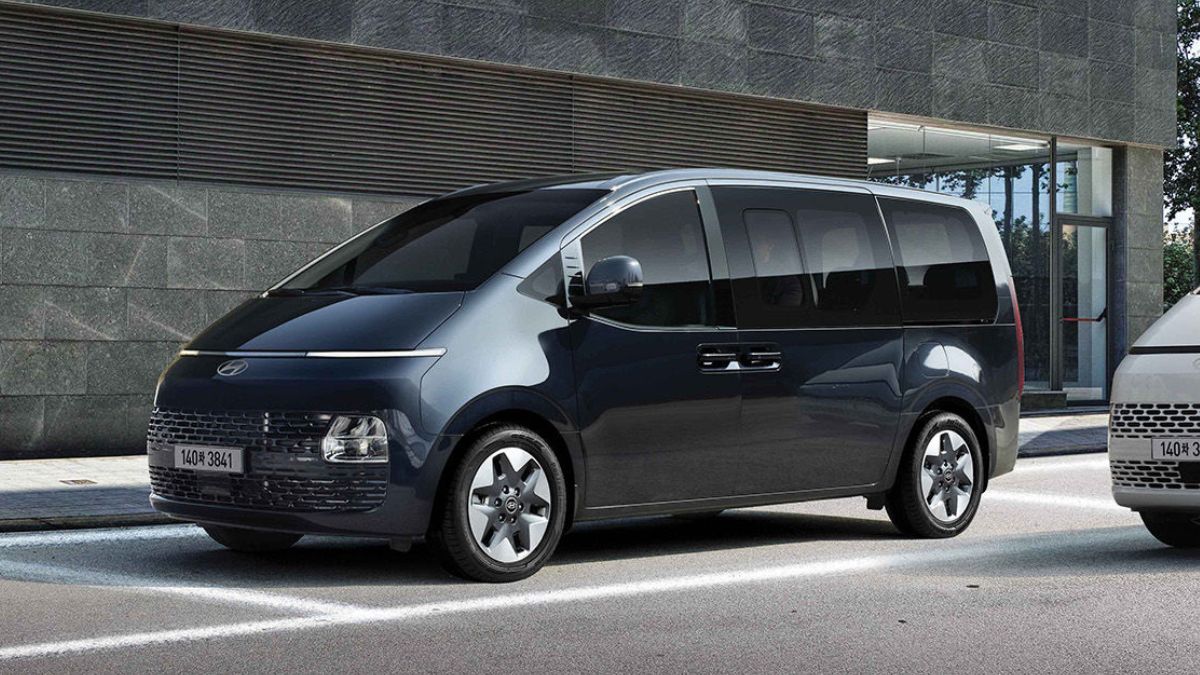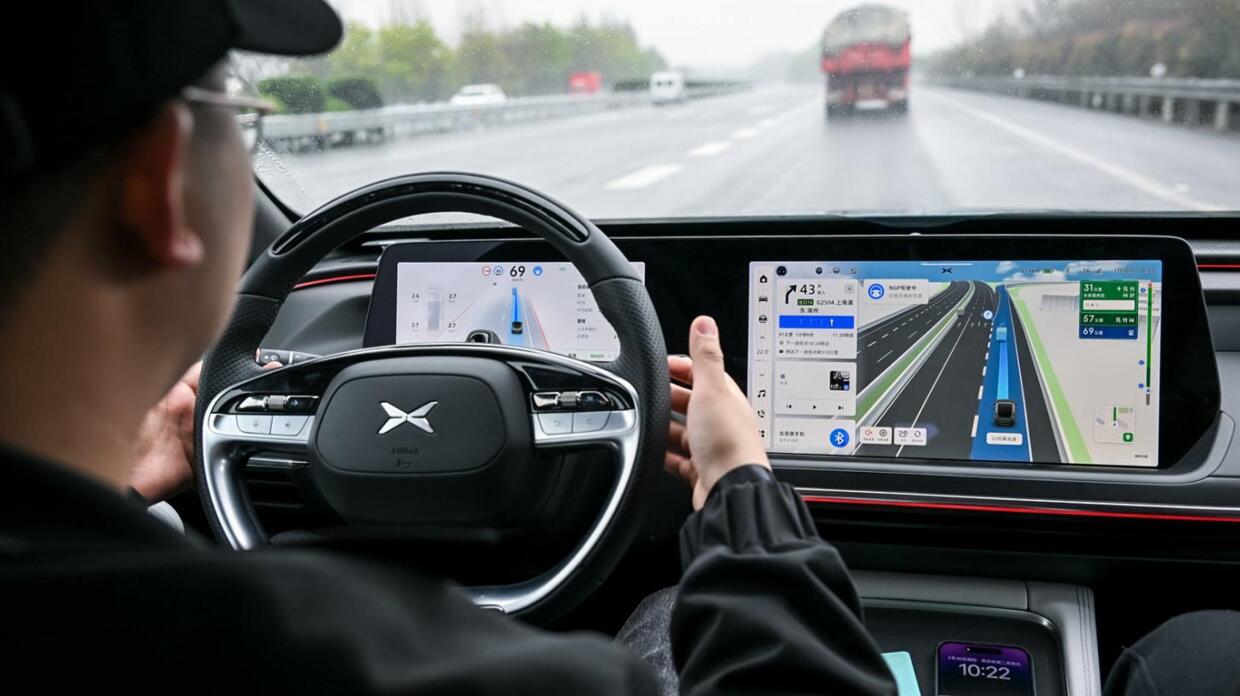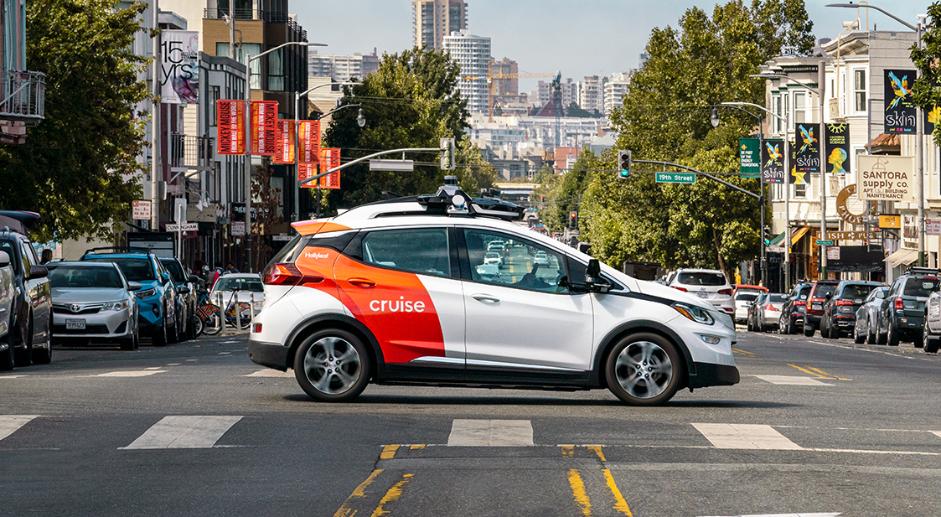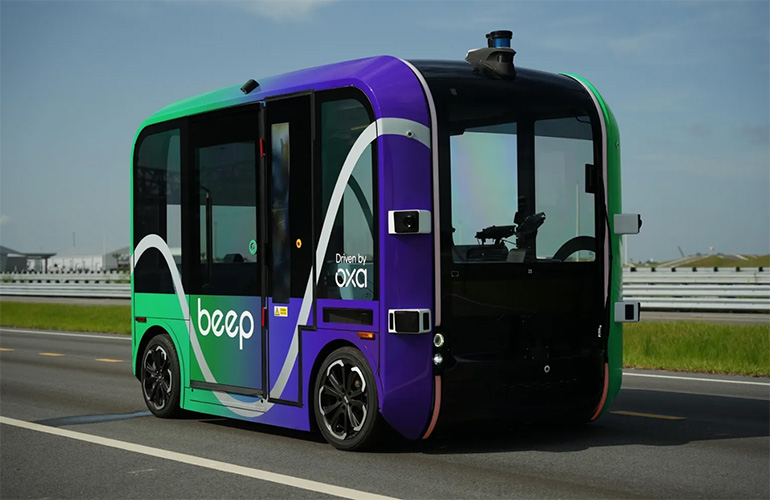Hyundai and Kia have joined forces with the country’s premier national research university to pioneer a next-generation autonomous driving sensor, in a move that underscores their commitment to advancing automotive technology despite recent challenges in the driverless vehicle sector.
The collaboration sees Hyundai and Kia teaming up with KAIST, the Korea Advanced Institute of Science and Technology, to establish a joint research center dedicated to developing on-chip light detection and ranging (LiDAR) technology.
See also: Aptiv to Trim Stake and Halt Funding for Self-Driving JV Motional Amid Losses
With a team of 30 engineers from Hyundai, Kia, and KAIST’s School of Electrical Engineering, the joint lab will focus on advancing small, high-performance on-chip sensor manufacturing and next-generation signal detection.
“This cooperation is poised to drive forward the era of fully autonomous driving,” noted Hyundai and Kia, the automotive arms of Hyundai Motor Group, in a joint statement.
This initiative comes at a time when the global self-driving industry is facing challenges, including significant losses and delays in the rollout of commercial services. For instance, US-based General Motor Co.’s autonomous driving unit, Cruise LLC, recently halted its driverless robotaxi service following federal investigations into a San Francisco crash last year.
The partnership aims to develop an on-chip sensor leveraging semiconductor technology, enabling the automakers to shrink LiDAR and enhance its mass production, thereby improving price competitiveness.
The next-gen signal detection technology utilizes frequency modulated continuous wave (FMCW)-emitting light, with a changing frequency over time. It involves estimating the difference in frequency of the returning light to measure distance, offering improved signal noise reduction compared to existing LiDAR, while mitigating interference from external light sources like sunlight, according to the companies.
See also: Hyundai Mobis and Autotalks Collaborate on Autonomous Vehicle 5G-Based Safety Technology
Hyundai and Kia will oversee the joint lab’s operations, supported by Hyundai NGV, the group’s industry-academic cooperation unit, to enhance research capabilities and provide technical support.
KAIST will manage project details, including developing small on-chip LiDAR devices based on silicon photonics, producing high-speed, high-output driving integrated circuits for LiDAR, and optimizing LiDAR system designs.

